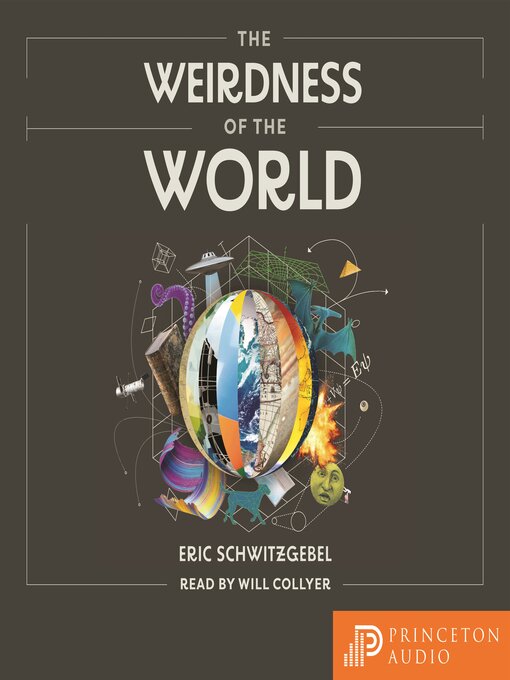How all philosophical explanations of human consciousness and the fundamental structure of the cosmos are bizarre—and why that's a good thing
Do we live inside a simulated reality or a pocket universe embedded in a larger structure about which we know virtually nothing? Is consciousness a purely physical matter, or might it require something extra, something nonphysical? According to the philosopher Eric Schwitzgebel, it's hard to say. In The Weirdness of the World, Schwitzgebel argues that the answers to these and other fundamental questions about the world and our existence lie beyond our powers of comprehension. We can be certain only that the truth—whatever it is—is weird. Philosophy, he proposes, can aim to open—to reveal possibilities we had not previously appreciated—or to close, to narrow down to the one correct theory of the phenomenon in question. Schwitzgebel argues for a philosophy that opens.
According to Schwitzgebel's "Universal Bizarreness" thesis, every possible theory of the relation of mind and cosmos defies common sense. According to his complementary "Universal Dubiety" thesis, no general theory of the relationship between mind and cosmos compels rational belief. Might the United States be a conscious organism—a conscious group mind with approximately the intelligence of a rabbit? Might virtually every action we perform cause virtually every possible type of future event, echoing down through the infinite future of an infinite universe? What, if anything, is it like to be a garden snail? Schwitzgebel makes a persuasive case for the thrill of considering the most bizarre philosophical possibilities.
- Available Now
- New eBooks for Adults
- New eBooks for Teens
- New eBooks for Kids
- Most Popular
- Try Something Different
- It's a First!
- In This Moment Chapbooks
- See all ebooks collections
- Available Now
- New Audiobooks for Adults
- New Audiobooks for Kids
- New Audiobooks for Teens
- Most Popular
- Try Something Different
- Audiobooks for the Whole Family
- Audiobooks in Espanol
- Read by a Celeb
- Great Narrators
- See all audiobooks collections

